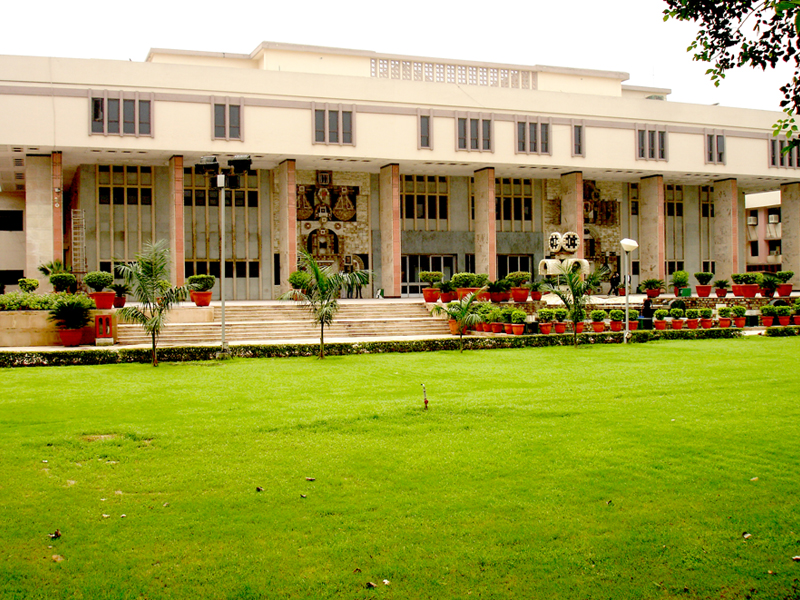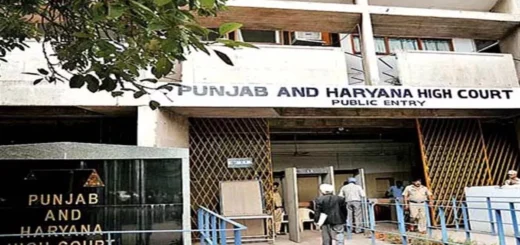The Delhi High Court stated that the examination under Section 34 of the Arbitration and Conciliation Act is not meant to re-evaluate disputes, but rather to determine if the award should be annulled.

The Delhi High Court stated that the review process under Section 34 of the Arbitration and Conciliation Act, 1996, does not involve re-evaluating disputes. Instead, it focuses on whether the Arbitral Award can be annulled based on the reasons outlined in Section 34. This ruling came from an Intra-Court Appeal filed under Section 37 of the Act against a decision made by a Single Judge. A Division Bench, including Justice Vibhu Bakhru and Justice Sachin Datta, noted that the Single Judge correctly set aside the award that denied Fiberfill’s claim for the withheld amount from IOCL, along with interest. However, they pointed out that the Single Judge’s decision to grant this claim or interest at an 8% annual rate was not valid, as the review under Section 34 does not allow for re-evaluation of disputes but only assesses if the arbitral award should be annulled based on the specified grounds.
The Respondent submitted a Petition under Section 34 of the Act to annul an Arbitral Award made by a Sole Arbitrator. This award was related to disputes arising from an agreement for the design, supply, installation, testing, and commissioning of high mast signage systems at various IOCL retail outlets in Tamil Nadu and Pondicherry, referred to as the Work Order. The Respondent, Fiberfill Engineers, made five claims that were brought to arbitration before the Arbitral Tribunal. One of these claims was for Rs. 22,08,528/-, which was deducted by IOCL for price adjustments from the bills submitted by the Respondent for completed work. The Tribunal denied all claims, stating that the Respondent was not entitled to any relief. Later, a Single Judge upheld the challenge to the award and overturned it regarding Fiberfill’s claim for Rs. 22,08,528/-. The appeal before the Division Bench focused on whether the Arbitral Tribunal had made a mistake in rejecting the Respondent’s claim.
Considering these facts, the High Court observed that when a contract includes terms for variable payments based on performance, those terms must be enforced. It is not always necessary for a reduction in payment due to performance to be seen as a damages clause. The Court emphasized that such contractual terms should be viewed as essential parts of the rights and responsibilities of the parties involved.
IOCL’s witnesses stated that they deducted amounts from the bills submitted by Fiberfill as a penalty. IOCL argued that they were entitled to compensation and liquidated damages, while Fiberfill contended that Clause 4.2.2.2 of the GCC prohibits such penalties. Therefore, the Arbitral Tribunal’s review was limited to these opposing claims. The Court agreed with the Single Judge’s decision, noting that the award was flawed due to clear illegality. The Arbitral Tribunal granted liquidated damages or compensation as a price adjustment without IOCL proving any loss. As a result, the High Court partially annulled the Order and the Award.
Cause Title: Indian Oil Corporation Ltd. v. M/s. Fiberfill Engineers (Neutral Citation: 2024:DHC:8911-DB)
Appearance:
Appellant: Senior Advocate Huzefa Ahmedi, Advocates Mala Narayan, Shashwat Goel, Rohan Sharma, and Isha Ray.
Respondent: Advocates Amit Gupta, Kshitij Vaibhav, Muskan Nagpal, and H.S. Mahapatra.








